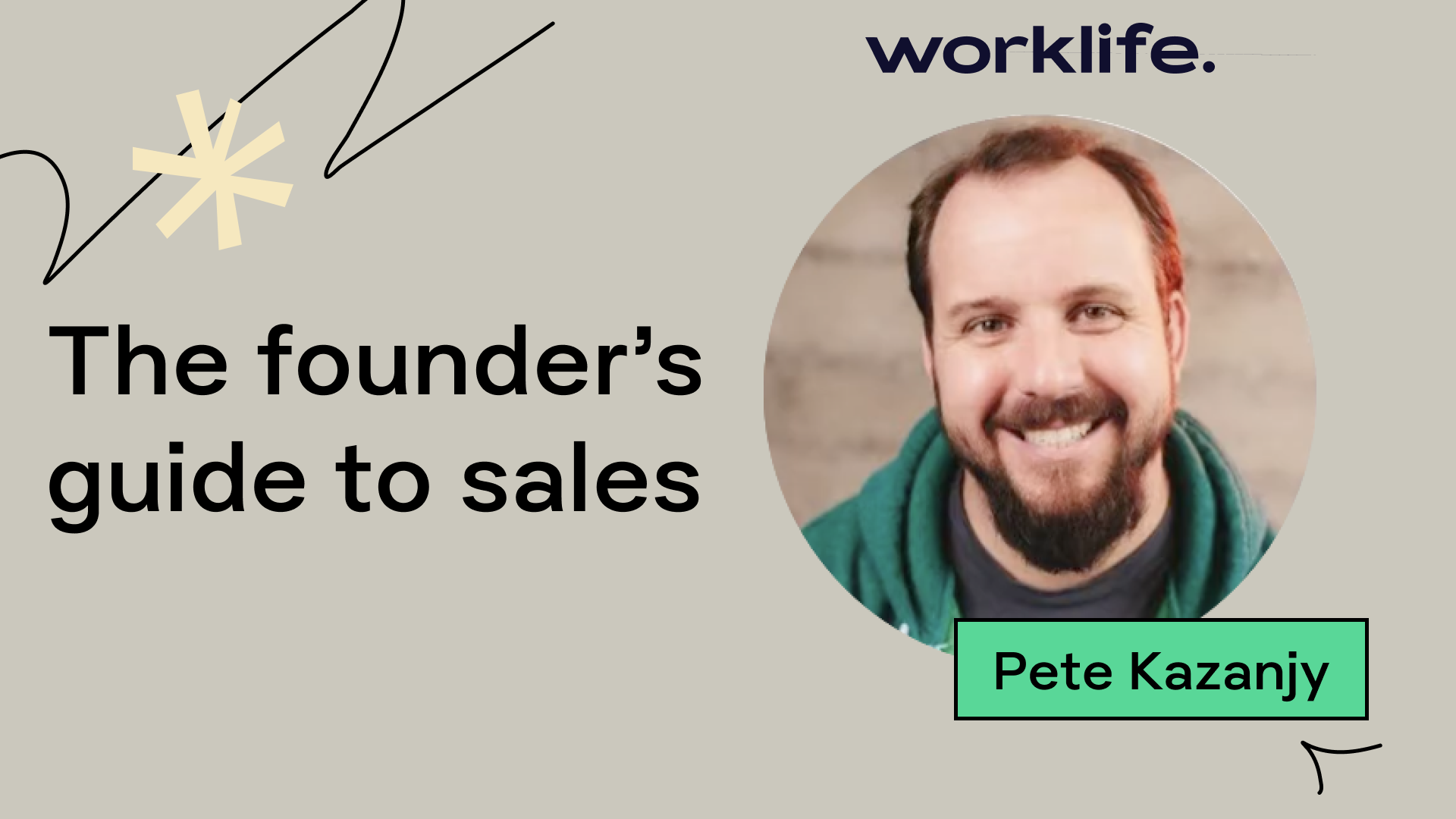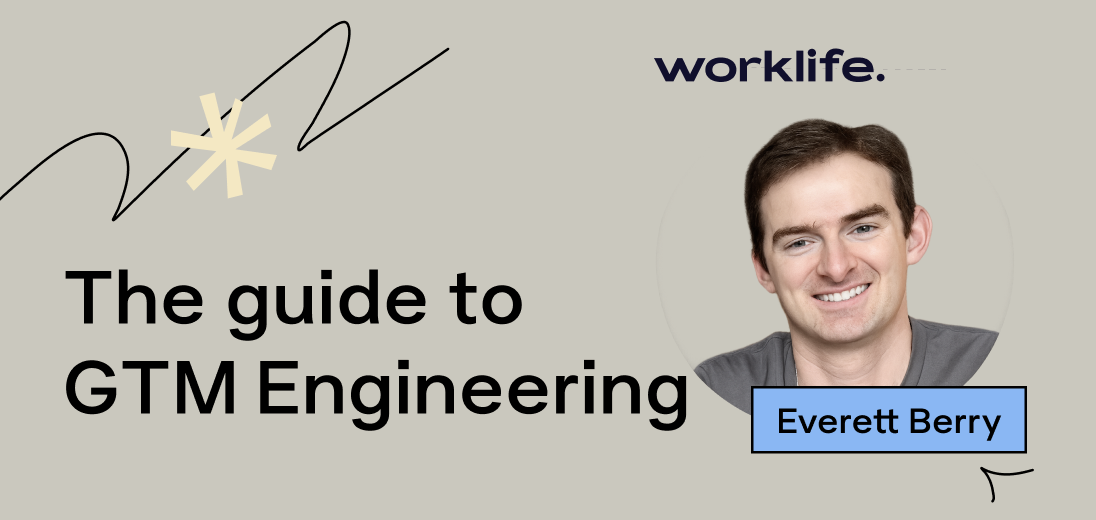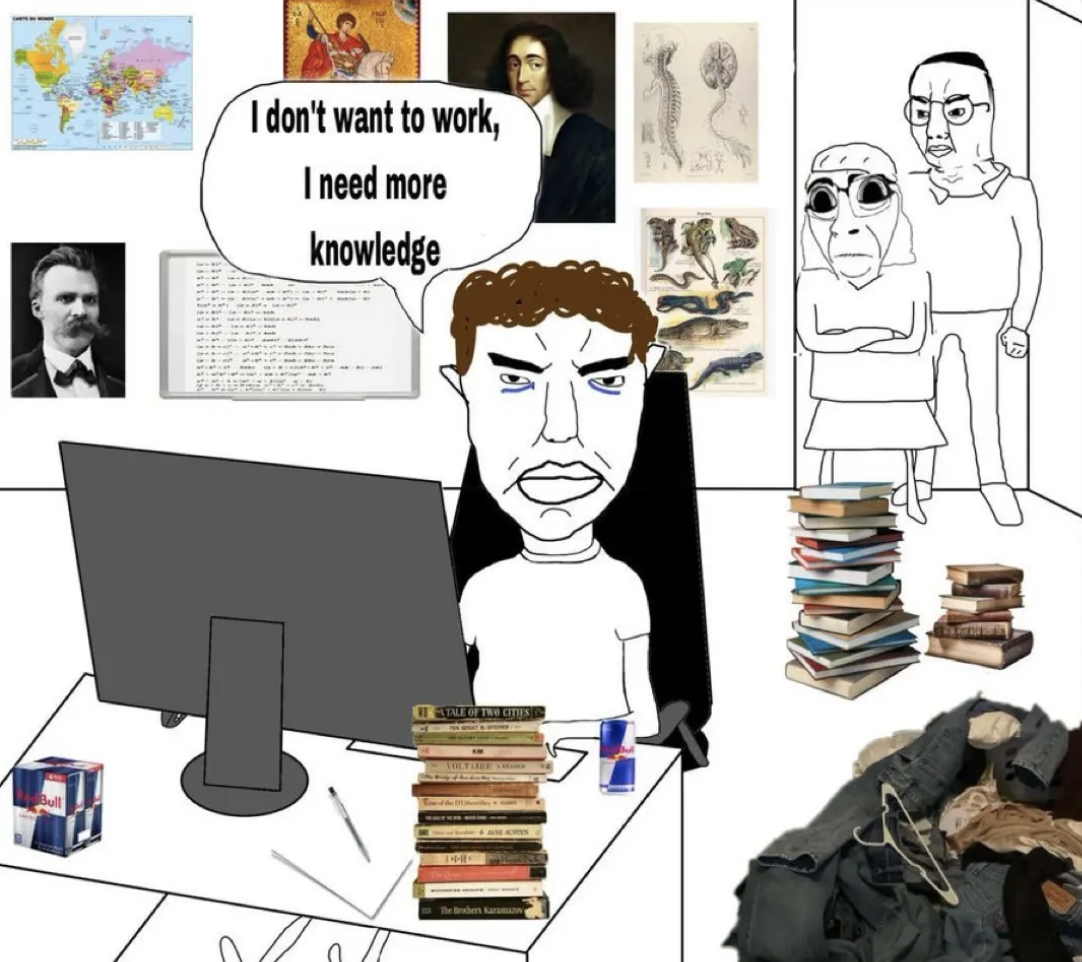From CEOs to athletes, today’s top performers all have a coach behind them. But professional coaching is no longer just for the elite. After all, don’t we all deserve a coach these days?
Employees across generations, positions, and industries need a hand to hold now more than ever as they wade through new workplace norms. Gen Zers are entering careers remotely, Millennials are still getting used to a new world order—all while balancing additional challenges like childcare, and older generations are learning to translate skills they’ve mastered in-office at home.
Simply put, we all need help, in one way or another.
Career Coaching by the Numbers
Today, the right career coaching can mean the difference between a happy, productive worker or another two weeks’ notice to add to the pile. After all, employees who don’t feel like they can develop or get the support they need to grow within their company are 12 times more likely to quit. So, instead of spending upwards of 50-200% of a departing employee’s salary finding that individual’s replacement, many companies are investing in career coaching services—a highly-requested benefit during the height of the pandemic.
Already, the numbers show that:
- 72% of organizations offer some type of leadership coaching for talent development
- 28% of the organizations offering career coaching make it available to all employees
- 27% of companies' total budgets were spent on professional development in 2021 (that's $516 billion)
At tech companies, that budget amounts to about $1,000 per employee, though we’ve seen some companies eagerly dedicate more funds to provide the best career coaching services for highly ambitious top performers committed to growing with the company.
With many businesses letting go of permanent offices, cutting travel expenses, and making other changes to support the new normal, they should direct funds to free career coaching services as it becomes a standard, expected resource.
The question is—what does effective coaching entail and how do companies get it right?
Career Coaching 101: Make it personal
A commitment to coaching should start long before an employee is hired. Companies should outline their offerings clearly on their career page and make the availability of coaching-led growth explicit in all job descriptions. And don’t advertise it as a perk—career coaching is inherent to company culture today. Coaching and learning should be at the very core of your people strategy.
Once an employee is hired, coaching should start immediately. Just as employees would meet with an HR team member or their immediate supervisor, they should connect with their coach on day one. That first meeting will be essential for getting on the same page about goals, opportunities, and potential obstacles, and empowering employees to build a path to success together. But this should be just the first of many regularly-scheduled conversations.
What is Career Coaching Like Today?
Perhaps above all else, however, companies should make sure that the coaching they offer is highly personal. It doesn’t have to be expensive, stuffy, or rigid. Bravely, Everwise, and BetterUp are just a few of the new coaching companies on the market making employee learning more personal, diverse, and, most importantly, available to everyone.
Unlike traditional one-to-many learning platforms (think boring lectures, check-the-box tutorials, complicated self-guided courses, and time consuming cohort-based classes), these companies make coaching more personal by not only providing career coaching, but also cultivating one-to-one relationships between employees and mentors. That’s why it works.
In fact, BetterUp takes extra care to ensure there’s a strong connection between learner and coach. The company carefully vets every new member of its 3000+ coach network, gaining a deep understanding of their expertise and strengths to ensure perfect partnerships.
“We prioritize coaches who come from different walks of life to make sure that people can share an experience with someone who may have been in their shoes before,” Alexi Robichaux, BetterUp CEO and co-founder tells Worklife. For historically underrepresented groups, this connection can be particularly impactful for increasing their sense of belonging.

Career Coaching Makes Employees Happier and Healthier
In the past, coaching was often a benefit only open to managers and executives. But that's changing in the era of hybrid work. For example, Botify, a search engine optimization software company, now gives everyone access to Bravely, a one-to-one coaching solution similar to BetterUp. The service matches employees to a coach they can meet with regularly to discuss career growth, or anything else employees need.
Kristin Langdon, SVP of people and culture at Botify, saw the value of a career coach after using one herself.
"Botifyers have been able to come to their performance reviews better prepared, they have been able to work through conflicts in a more productive and healthy way, and they have learned to advocate for themselves to get to the next level in their careers," she said.
One direct result: a 24% promotion rate for H2 2021, according to Langdon. She also noticed big improvements in managers’ performance. Botify’s managers worked with their Bravely coaches on leading their teams more effectively—and it showed. A recent culture survey revealed that 96% of employees feel supported by their managers.

Some companies offer internal mentorship and career coaching programs, rather than using an outside tool. Sara Cooper, chief people officer at service scheduling app Jobber, which provides job tracking software for home service businesses, says her team has also seen growth and engagement, thanks to coaching. The company has its own in-house coaches that work with each employee.
“It’s become a key cornerstone of the Jobber experience,” she says. Though coaching helps employees thrive in their current roles, Cooper says it’s also important for helping them think bigger and more long-term. She’s working to reframe the concept of a “corporate ladder” into a career “jungle gym” that emphasizes the diverse growth opportunities available for all employees.
“Whether that’s taking on more responsibility, shifting into an entirely different role, or simply focusing on doing the best job possible in a current position, the idea is that the same employee can have two or three different careers while at the same company,” Cooper says. 100% of employees have participated in at least one learning and development opportunity since December 2019 at Jobber. And, as a result, Jobber has seen 154 internal transitions among its 500+ employees since 2020.

To Work, Both Companies and Employees Need to Be Invested
Companies have a clear role to play when it comes to coaching: investment and prioritization. It’s the most obvious and powerful way to communicate to employees that they are seen and valued, Robichaux says. “The ultimate sign of an employer respecting an employee is investment. You’re essentially tapping someone on the shoulder and saying, ‘Hey, you’re high potential. Here’s a real human expert to have in your pocket as you work and engage with the world.’”
But employees also have to put in the work. Or, as BetterUp calls it, “inner work.”
It’s easy to dismiss career coaching and learning as another task on the to-do list, but coaching and personal growth are a part of mental fitness. We work out at the gym to stay fit, pushing ourselves through challenging workouts and finding the strength to exercise even when the motivation just isn't there. Mental fitness requires arguably even more effort, but the benefits—from greater confidence and productivity, to better decision-making—can be powerful.

Truly, Everyone Needs Career Coaching
Today, there’s no such thing as a non-coachable position. From corporate professionals working from home, to retail workers working in a store, and everyone in between, taking time to reflect and grow in and outside of work is absolutely essential.
Employees want someone there to coach them through tough moments and challenges, and companies want to invest in their teams to attract and retain the best talent out there..
The pieces are in place. It’s time to put them together.
Also check out:
- Gen Z in the Workplace: How They Really Feel
- Why the Great Resignation is a Big Step Toward a Better Worklife
- New Professional Networking Sites Look Nothing Like LinkedIn
- The New American Dream






